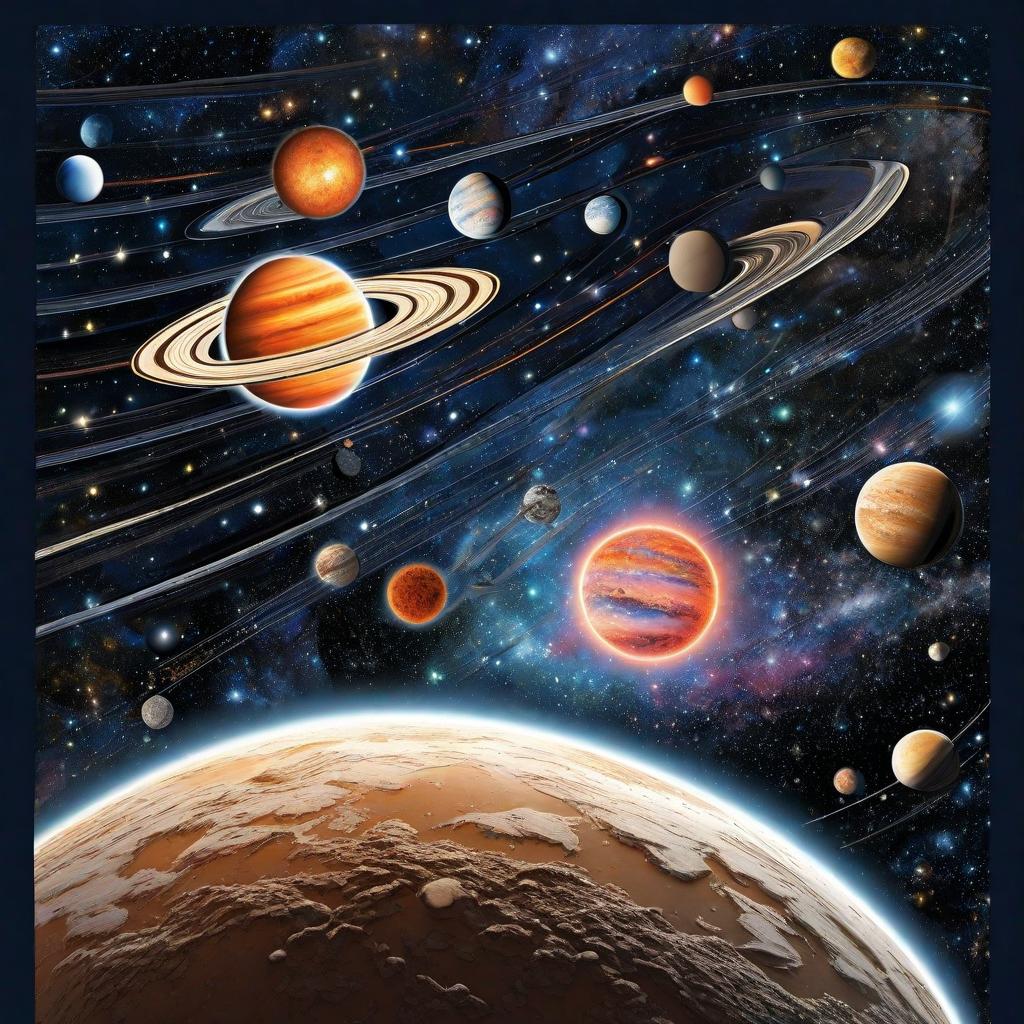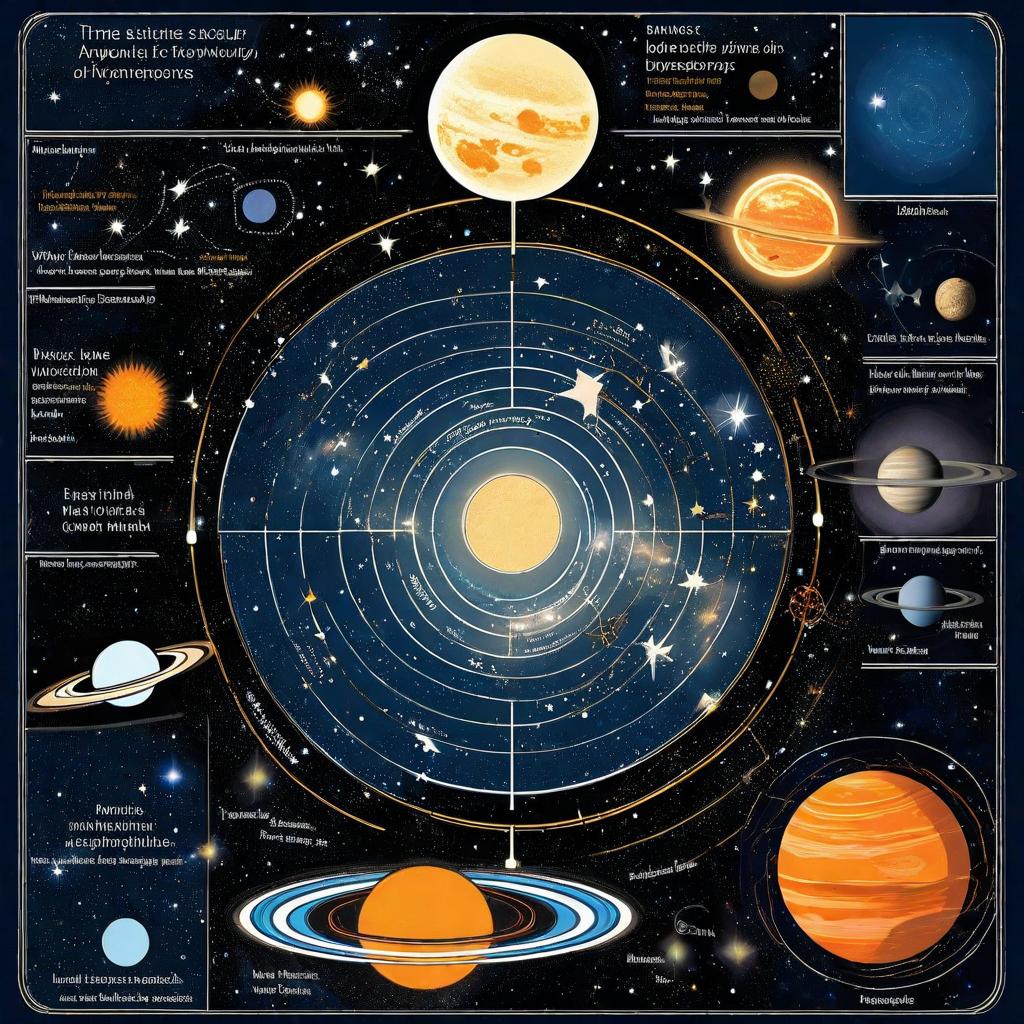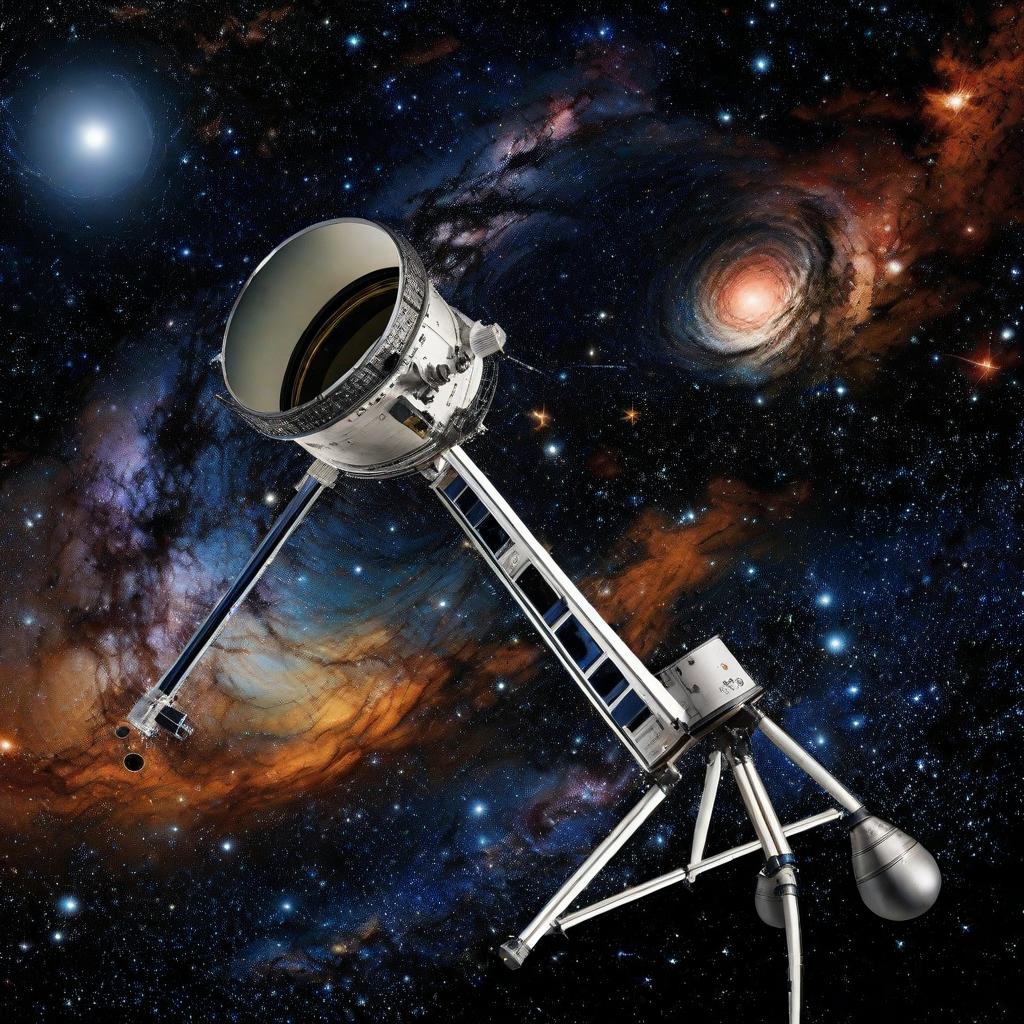Introduction
Astronomy, the study of celestial objects and the universe as a whole has fascinated humans for centuries. Whether you are seeking to understand the cosmos better or simply enjoy the wonders of the night sky, reading astronomy books is an excellent way to embark on your journey. In this blog post, we will delve into the top 10 astronomy books for beginners, providing you with a comprehensive guide to kickstart your exploration of the universe.
List for Top 10 Best Astronomy Books for Beginners
- Astronomy 101: Understanding the Universe
- Exploring the Night Sky: A Beginner’s Guide
- Unveiling the Cosmic Evolution: Journey through Time and Space
- Captivating Our Neighbors: Exploring Our Solar System
- Stellar Marvels: Stars, Nebulae, and Galaxies
- Unraveling the Enigma: Black Holes and Dark Matter
- Through the Looking Glass: Telescopes and Observatories
- Unveiling the Invisible: Radio Telescopes and Space Observatories
- The Astronomer’s Toolbox: Software and Apps for Astronomy
- Cosmic Mysteries Unveiled: A Beginner’s Guide to Understanding the Universe
Understanding the Importance, Benefits, and Significance of Astronomy Education and Books for Beginners

# Importance of Astronomy Education for Beginners
Before we dive into our list of recommended books, let’s take a moment to understand why astronomy education is essential for beginners. By learning about astronomy, you gain a deeper appreciation for the universe, its vastness, and our place within it. Moreover, studying astronomy nurtures critical thinking skills, encourages curiosity, and sparks a sense of wonder and awe.
# Benefits of Reading Good Astronomy Books
Reading astronomy books offers numerous benefits to beginners. Firstly, it provides a structured learning experience, allowing you to grasp complex concepts at your own pace. Additionally, these books often feature compelling illustrations, diagrams, and photographs, making the learning process engaging and visually captivating. Moreover, the knowledge gained from astronomy books empowers you to observe the night sky and recognize celestial objects, enhancing your stargazing experience.
# Significance of Selecting the Right Books for Beginners
Choosing the right astronomy books is crucial for beginners. The books should strike a balance between being informative and accessible, catering to readers with varying levels of scientific background. Opting for books that clarify complex concepts, use everyday language, and provide practical tips will make your learning journey smoother and more enjoyable. With this in mind, let’s dive into our list of top 10 astronomy books for beginners.
The Basics of Astronomy

# Astronomy 101: Understanding the Universe
In this book, the author takes you on a fascinating journey through the fundamental concepts of astronomy. From planetary motion to the Earth’s place in the solar system, this comprehensive guide covers it all. The book uses straightforward language and provides clear explanations, ensuring that beginners can grasp the concepts easily. Visit for Books
# Exploring the Night Sky: A Beginner’s Guide
Stargazing is an integral part of astronomy, and this book equips beginners with the necessary tools and techniques to observe the night sky. It covers topics such as identifying constellations, understanding star maps, and locating celestial objects. With practical advice and beautiful illustrations, this guide is perfect for those who want to explore the wonders of the night sky.
# Unveiling the Cosmic Evolution: Journey through Time and Space
Understanding the history and evolution of the universe is essential for any aspiring astronomer. This book delves into the fascinating theories such as the Big Bang and cosmic inflation. It traces the cosmic timeline, explaining how galaxies, stars, and planets came into existence. By the end of this journey, readers will have a profound understanding of the universe’s origins and its significance.
Celestial Objects and Their Wonders

# Captivating Our Neighbors: Exploring Our Solar System
Our solar system is home to a plethora of captivating celestial objects, including planets, moons, and asteroids. This book provides detailed information about each planet, highlighting its unique features and characteristics. With vivid descriptions and stunning images, readers will gain a deeper appreciation for our cosmic neighbors.
# Stellar Marvels: Stars, Nebulae, and Galaxies
Stars, nebulae, and galaxies are the building blocks of the universe and hold countless wonders. This book explores the different types of stars, the life cycle of stars, and the stunning beauty of nebulae and galaxies. It presents awe-inspiring photographs and intricate details of these celestial marvels, igniting the imagination of any beginner astronomer.
# Unraveling the Enigma: Black Holes and Dark Matter
Black holes and dark matter are among the most enigmatic phenomena in the universe. This book sheds light on these mysterious entities, discussing the theories and astrophysical evidence behind their existence. It presents complex concepts in an accessible manner, making it easier for beginners to understand these mind-boggling cosmic puzzles.
Exploring the Universe: Astronomy Tools and Observatories

# Through the Looking Glass: Telescopes and Observatories
Telescopes are indispensable tools for astronomers, enabling us to observe distant celestial objects. This book provides an overview of different types of telescopes, their functions, and how to choose the right one for your needs. It also explores the significance of observatories for astronomical research and highlights some of the world’s most renowned observatories.
# Unveiling the Invisible: Radio Telescopes and Space Observatories
Radio telescopes and space observatories play a pivotal role in unraveling the mysteries of the universe. This book explains how radio telescopes capture radio waves emitted by celestial objects, offering insights into their composition and behavior. It also delves into the discoveries and breakthroughs made by space observatories, providing a comprehensive understanding of modern astronomical research.
# The Astronomer’s Toolbox: Software and Apps for Astronomy
In the digital age, technology has revolutionized astronomy. This book introduces a wide range of software and mobile applications that can enhance your astronomical pursuits. From sky mapping tools to data analysis software, this guide helps beginners navigate the ever-expanding world of astronomy apps and programs.
# Cosmic Mysteries Unveiled: A Beginner’s Guide to Understanding the Universe
“Cosmic Mysteries Unveiled” offers readers a captivating journey into the depths of the universe, focusing on unraveling the enigmatic phenomena and unanswered questions that have intrigued humanity for centuries. Delving into topics such as the nature of dark energy, the origins of cosmic microwave background radiation, and the search for extraterrestrial life, this book provides accessible explanations of complex cosmic mysteries. With engaging narratives and insightful discussions, readers will gain a deeper understanding of the universe’s profound mysteries and the ongoing scientific endeavors to unlock its secrets. Whether you’re a novice astronomer or a curious enthusiast, “Cosmic Mysteries Unveiled” promises to ignite your imagination and inspire a lifelong fascination with the cosmos.
Summary of Astronomy Books for Beginners
In this blog post, we have explored the top 10 astronomy books for beginners. Beginning with the basics of astronomy and progressing to celestial objects and advanced tools, these books provide a comprehensive and engaging learning experience. Remember, the right astronomy book can ignite your passion for the universe and open up a world of discovery. So embark on your journey of exploration and start reading these recommended books today!
“The right astronomy book can ignite your passion for the universe and open up a world of discovery.”
FAQs (Frequently Asked Questions)
Q: Are these books suitable for children interested in astronomy?
Yes, many of the recommended books are suitable for children interested in astronomy. However, it’s important to choose books that are age-appropriate and align with the child’s understanding and reading level. For younger readers, there are specialized astronomy books designed with simpler language and engaging illustrations to captivate their curiosity.
Q: Can I learn astronomy solely from books without observation?
While books provide a wealth of knowledge, observation, and hands-on experience are integral to fully understanding and appreciating astronomy. Observing the night sky with the naked eye or through a telescope allows you to witness the wonders of the universe firsthand. Combining book learning with observation will provide a well-rounded understanding of astronomy.
Q: How can I find these astronomy books online or in stores?
You can find these astronomy books both online and in physical stores. Online platforms like Amazon, Barnes & Noble, and Book Depository offer a vast selection of astronomy books. Local bookstores and libraries are also great places to find these books. Additionally, you can check out online communities and forums dedicated to astronomy, where enthusiasts often share recommendations and resources.
Q: Are there any recommended books for visually impaired individuals?
Yes, there are resources available for visually impaired individuals who are interested in astronomy. Audiobooks are an excellent option, as they provide a narrated version of the book. Additionally, some books have braille versions or tactile graphics to make the content accessible. Organizations such as the National Federation of the Blind offer resources and recommendations specifically tailored to visually impaired readers.
Q: Are there any advanced astronomy books for beginners who want a deeper understanding?
Yes, there are advanced astronomy books available for beginners who want to delve deeper into the subject. These books often build upon the foundational knowledge provided in beginner-friendly books and explore more complex concepts. Some recommended advanced astronomy books include “Astrophysics for People in a Hurry” by Neil deGrasse Tyson and “Cosmos” by Carl Sagan.
Q: Can I access astronomy books for free?
Yes, there are several ways to access astronomy books for free. Online platforms like Project Gutenberg and Open Library offer a wide range of public domain books that are accessible at no cost. Many public libraries also provide e-book borrowing services, allowing you to access astronomy books digitally without any additional cost. Additionally, some community programs and educational institutions host astronomy book drives and share books with the public for free.
Remember, knowledge of the universe is accessible to all, regardless of financial constraints.
In conclusion, the top 10 astronomy books for beginners provide a gateway to exploring the wonders of the universe. These books cover a wide range of topics, from the basics of astronomy to celestial objects and advanced tools. By immersing yourself in these informative and engaging resources, you can embark on a memorable journey of discovery. So grab a book, gaze at the stars, and let the universe spark your curiosity. Happy reading.
Our Popular Posts:
- 8 Simple Steps to Improve Mental Health and Wellness
- Top 5 Scalable Business Ideas for Success in 2024
- The Ultimate Guide to Investing in Real Estate in Florida
